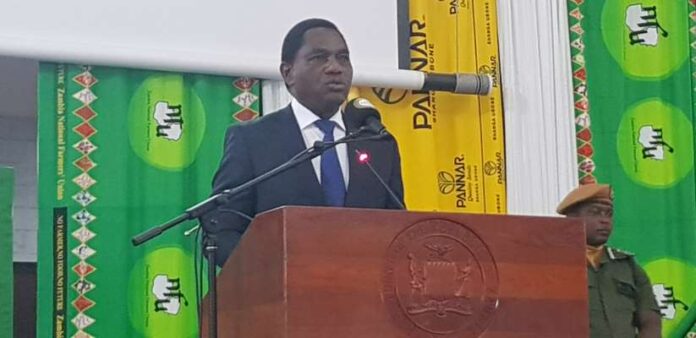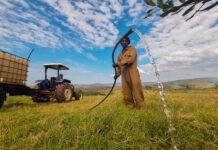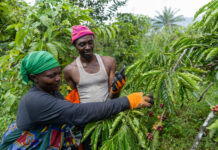Zambia’s impending climate change crisis was climaxed at the ongoing COP 27 conference in Egypt when it amplified the call for developed countries to release the belated US$100 billion needed to mend the loss and damage suffered.
According to estimates, Zambia projects to lose US$210 million per annum by 2030 if no mitigation measures to reduce the loss and damage caused to the environment, prompting President Hakainde Hichilema to appeal to the developed nations, global polluters to expedite the release of at least US$100 billion annual pledge accumulated since COP 15.
President Hichilema in his address to the Conferenced of Parties in Sharma Sheik last week, called on the developed nations to honor their pledge to help beat climate change in Zambia and other Least Developed Countries.
The funding, he stressed, was a milestone in helping maintain the momentum in implementing mitigation measures, according to the aspirations of the African Group of Negotiators (AGN). The delay to disburse was an affront to the fight as espoused under the Paris Agreement.
“As Chair of the African group of negotiators here at the conference, we feel that we have to address the key issues around the commitment to financing under the Paris Agreement as a measure of credibility. We need a strong international commitment as we seek exceptional milestone outcomes from this conference,”
There is a strong need for a strong global response and collaboration in mitigating against the negative effects of climate change. It is President Hichilema’s unwavering desire for the creation of a template on carbon trading, with the assertion of not being left to individual states, to attain a common global approach towards climate change adaptation and mitigation solutions.
“A crisis like this (climate change) should not divide us but enhance our cooperation as the league of nations in one of the surest ways to defeat climate change. We must come out of this COP27 stronger, as a united voice with a common purpose to fight against climate change,”
This year’s COP 17 meeting, the third to be hosted by Africa since inception 30 years ago is viewed by many players as a platform to raise voices by affected countries to emphasize the call for a global response in helping the continent cushion the negative impact of climate change.
Arguably the UN’s Secretary General last week warned the world against a lukewarm approach to the climate change crisis and that the catastrophe was lurking in the shadows.
There is an urgent need to redress the catastrophe. Despite Africa being the worst hit by the negative effects of climate change, the continent only contributes 4% to global greenhouse gas emissions.
And ActionAid, a global anti-climate change campaigner has urged Zambia and the rest of the world to remain steadfast in the regional and global commitment to fight climate change and seek joint measures to mitigate the effects.
ActionAid in its statement seen by FRA categorically challenged the African leaders to view Climate change as a human rights crisis
requiring their urgent actions as the impact of climate change has created enough havoc on many lives and the environment.
Millions of people especially the marginalised grouping such as women, youth and people living with disabilities are victims of climate change, resulting in deepened inequalities and discrimination, threatening the enjoyment of most of our rights and the future of humanity.
Actionaid challenges all leaders to utilize such spaces (COP 27) to come up with resolutions that will allow them to move from acknowledgement of loss and damage actions to take steps that will facilitate the establishment of financial facilities to allow developed countries pay for loss and damage.








